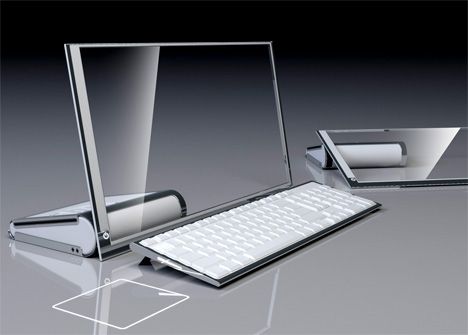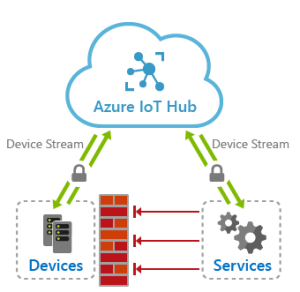
The Future of Computer Hardware Customization
Introduction
With technology advancing at an unprecedented rate, computer hardware customization is becoming more accessible and popular than ever before. Gone are the days when users were limited to pre-configured setups; now, the future of computer hardware customization offers endless possibilities for personalization and performance optimization. In this article, we will explore the exciting developments in customizing computer hardware and discuss the potential it holds for the future.
1. Modular Components
One of the key advancements in computer hardware customization is the rise of modular components. Traditionally, upgrading or replacing hardware required extensive technical knowledge, but now, manufacturers are introducing modular options that allow users to easily swap out specific parts without the need for specialized skills. This not only makes customization more user-friendly but also encourages users to experiment with different combinations to find the perfect balance for their specific needs.
2. Custom Liquid Cooling Systems
Heat management is a critical consideration for computer performance, and custom liquid cooling systems are gaining popularity among enthusiasts. With HTML markup we can emphasize the visual component of such systems. These systems involve the use of elaborate tubing, fittings, and radiators to effectively dissipate heat and maintain optimal temperature levels. As technology advances, we can expect even more advanced liquid cooling options that offer improved efficiency and aesthetics, empowering users to design unique cooling solutions.
3. Augmented Reality (AR) and Virtual Reality (VR) Integration
The integration of augmented reality (AR) and virtual reality (VR) technologies with computer hardware customization is a game-changer. Users can now visualize their custom setups in a virtual environment before making any physical modifications. AR and VR allow for accurate measurements and functional testing, minimizing the risk of errors during the customization process. Furthermore, these technologies offer a way to explore and experience computer hardware designs and features that were previously limited to the imagination.
4. Artificial Intelligence (AI) Optimization
Artificial intelligence (AI) is revolutionizing various industries, and computer hardware customization is no exception. AI algorithms can analyze hardware usage patterns, software requirements, and user preferences to recommend optimal configurations. This not only saves time but also ensures maximum performance and efficiency. With AI-driven optimization, computer customization becomes smarter and more personalized, anticipating the user’s needs and suggesting improvements that tailor the hardware to their specific workflow.
5. 3D Printing for Custom Enclosures
3D printing technology has already proven its potential in various sectors, and now it is making its way into computer hardware customization. Users can design and print customized computer enclosures, allowing for unique aesthetics and efficient use of space. 3D printing empowers individuals to create one-of-a-kind designs that perfectly fit their needs and preferences. As the technology advances, we can expect more materials and techniques to become available, further expanding the range of possibilities for customizing computer hardware.
Conclusion
The future of computer hardware customization is an exciting prospect that embraces innovation and personalization. With modular components, custom liquid cooling systems, AR/VR integration, AI optimization, and the emergence of 3D printing for custom enclosures, users can create truly bespoke computing experiences. As technology continues to evolve, customization options will become more accessible and intuitive, empowering individuals to tailor their computer hardware to their unique requirements.

